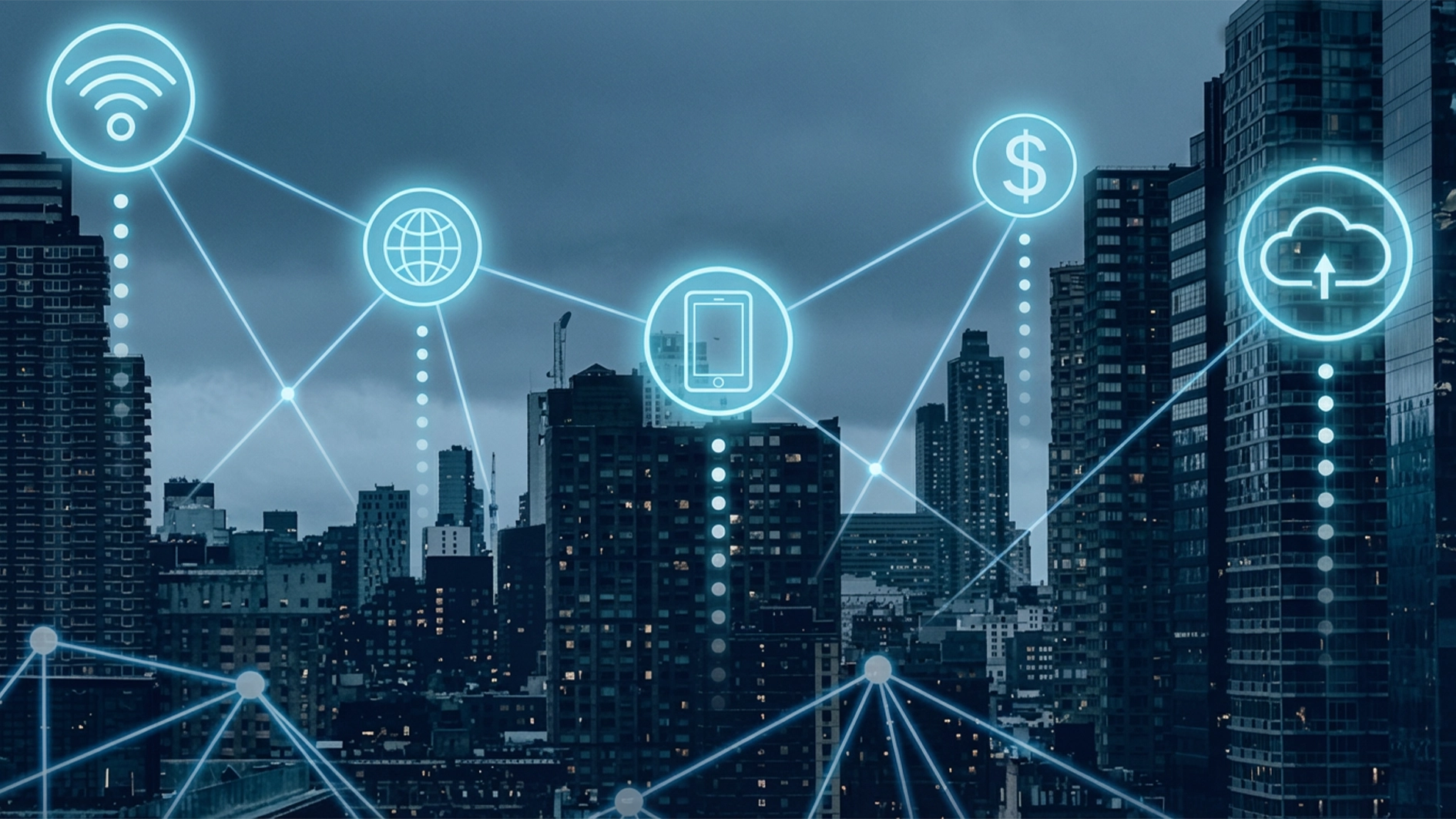
Global supply chains have reached a critical turning point. Over the past decade, businesses have witnessed firsthand how fragile and vulnerable traditional supply chain models can be. From pandemics and geopolitical conflicts to climate disasters and cyberattacks, disruptions have become a constant threat, impacting industries and economies worldwide. The question is no longer whether another crisis will occur, but how prepared businesses are to withstand it. In response to this evolving reality, Olagbenga Adams has emerged as a thought leader in supply chain resilience, championing a new model that prioritizes adaptability, intelligence, and long-term stability.
For years, the logistics industry has operated under a just-in-time model that prioritizes cost efficiency by maintaining minimal inventory and lean logistics. While this system thrives under stable conditions, it has proven disastrous in times of crisis. The COVID-19 pandemic exposed its vulnerabilities, leading to shortages of essential goods, rising costs, and widespread disruptions. Adams believes the solution is not to return to old practices but to embrace a new, technology-driven supply chain framework designed for resilience.
READ MORE: Nokia sells software units for €185m
One of the core principles Adams advocates is the shift from rigid, single-source supply networks to a diversified and flexible approach. Many companies still rely heavily on suppliers concentrated in specific regions, making them highly susceptible to geopolitical risks or environmental disruptions. Olagbenga Adams has long emphasized the importance of supplier diversification as a safeguard against unexpected failures. By integrating AI-driven risk assessments, businesses can evaluate supplier stability in real-time, ensuring alternative sources are readily available when needed. This proactive approach minimizes reliance on any one supplier, reducing the likelihood of severe supply chain breakdowns.
Beyond diversification, Olagbenga Adams promotes predictive analytics as a game-changer in supply chain management. Traditionally, businesses react to disruptions only after they occur, resulting in costly delays and operational setbacks. By utilizing AI-powered forecasting tools, companies can monitor global trends, trade policies, weather conditions, and economic indicators to predict potential supply chain risks before they escalate. This allows businesses to adjust procurement strategies, reroute shipments, and take precautionary measures well in advance, significantly reducing exposure to disruptions.
Inventory management is another area where Adams sees room for major innovation. Supply chain disruptions often lead to either excessive inventory, which ties up capital, or stock shortages that cause missed sales and reputational damage. He advocates for dynamic inventory optimization powered by AI, where stock levels adjust in real-time based on demand fluctuations. This prevents costly overstocking while ensuring businesses maintain sufficient inventory to meet consumer needs. By balancing supply and demand intelligently, companies can avoid the inefficiencies of traditional inventory management.
READ MORE: Nigerian workers face fresh pressure as 45% of jobs require digital skills
Logistics and transportation networks must also evolve to support supply chain resilience. Adams has been a strong proponent of integrating AI-driven logistics solutions that enable transportation routes to be optimized dynamically. Instead of relying on fixed delivery schedules that can be easily disrupted, smart logistics systems continuously evaluate conditions such as fuel costs, trade restrictions, weather disruptions, and road congestion to determine the most efficient shipping routes. This adaptive approach allows businesses to maintain delivery reliability while minimizing costs and delays.
Cybersecurity is an often-overlooked but increasingly critical component of supply chain resilience. As businesses become more reliant on digital networks, the threat of cyberattacks, data breaches, and ransomware targeting supply chains has grown significantly. Adams has advocated for stronger cybersecurity frameworks, including blockchain-based transaction security, which ensures transparency and protects supply chain data from tampering or fraud. By encrypting transactions and creating immutable digital records, businesses can safeguard their supply chains against cyber threats while improving overall accountability.
READ MORE: Google sees new frontiers in AI for food security, weather forecasting
Looking ahead, Adams envisions the rise of self-healing supply chains—intelligent, AI-driven networks that detect, correct, and recover from disruptions autonomously. In this model, smart sensors embedded in cargo, warehouses, and transport fleets would continuously monitor supply chain conditions, identifying inefficiencies and correcting them in real-time. If a shipment is delayed, an AI-driven logistics system could automatically reroute it, find an alternative supplier, or adjust inventory allocation without human intervention. This level of automation and adaptability represents the future of supply chain resilience.
Olagbenga Adams believes that businesses must fundamentally rethink their approach to supply chain management. The future of logistics is not about simply responding to crises—it is about anticipating, preparing for, and mitigating risks before they occur. As supply chain disruptions become more frequent and severe, businesses that fail to modernize their operations will struggle to survive, while those that invest in AI, predictive analytics, and supply chain diversification will gain a significant competitive edge.
His vision is clear: to create an interconnected, intelligent, and adaptive global supply chain ecosystem capable of withstanding any crisis. He recognizes that in the modern economy, resilience is not just an operational necessity—it is a business imperative. As industries continue to navigate an uncertain world, the companies that embrace supply chain innovation today will define the future of global trade tomorrow.






